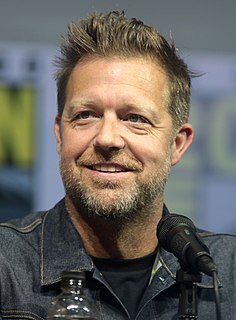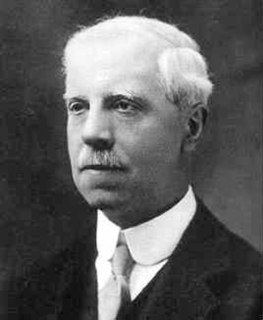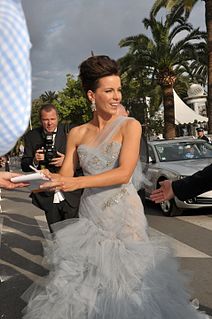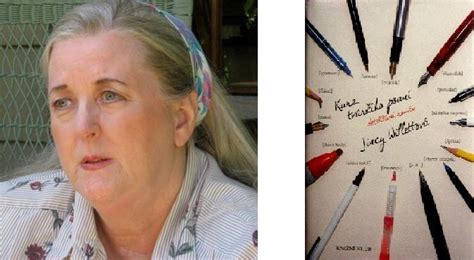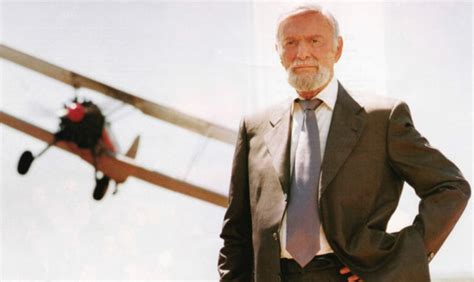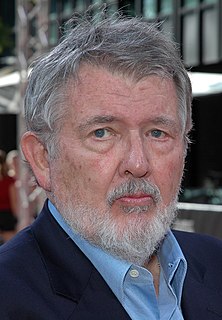A Quote by Jonathan Tropper
The whole purpose of screenwriting is to convey everything through action and dialogue and not explanation and exposition. To me, there are movies where voiceover works really well because it does something more than exposition; it actually becomes a tonal element of the movie.
Related Quotes
[The works of Archimedes] are without exception, monuments of mathematical exposition; the gradual revelation of the plan of attack, the masterly ordering of the propositions, the stern elimination of everything not immediately relevant to the purpose, the finish of the whole, are so impressive in their perfection as to create a feeling akin to awe in the mind of the reader.
I think you approach a part the same way and just find out in what's making them tick and who they are. In a movie like this you may have a little less time and few dialogue scenes and exposition scenes for your character to really get that across, and so I wanted to be able to convey that she's not somebody who's just punching a clock but she has this weird emotional investment in her job to where she does get quite myopic and that's what makes her relentless.
Part of the appeal was that Medawar was not only a Nobel Laureate, but he seemed like a Nobel Laureate; he was everything one thought a Nobel Laureate ought to be. If you have ever wondered why scientists like Popper, try Medawar's exposition. Actually most Popperian scientists have probably never tried reading anything but Medawar's exposition.
As a young filmmaker, I shot a lot of stuff because I wanted to make sure that I got everything, but now I've gotten much more precise with my shooting. Editing is a whole other layer because then, sometimes you realize characters don't even need to say this or that. It becomes an issue of exposition, and over-explaining something. In the script, I'd reinforce certain things about what I wanted people to know two or three times, but in the editing room, I'd be like, "I only need to say this once, maybe twice."
Dialogue is generally the worst choice for exposition. When you're writing lines you need to focus on the way people actually talk. And when we talk to each other we never actually explain our terms. We don't say 'Sweetheart, would you pass me the sugar bowl, which we picked up for a song at that antique stall in Munich.'
One of the tricks is to have the exposition conveyed in a scene of conflict, so that a character is forced to say things you want the audience to know - as, for example, if he is defending himself against somebody's attack, his words of defense seem Justified even though his words are actually expository words. Something appears to be happening, so the audience believes it is witnessing a scene (which it is), not listening to expository speeches. Humor is another way of getting exposition across.



